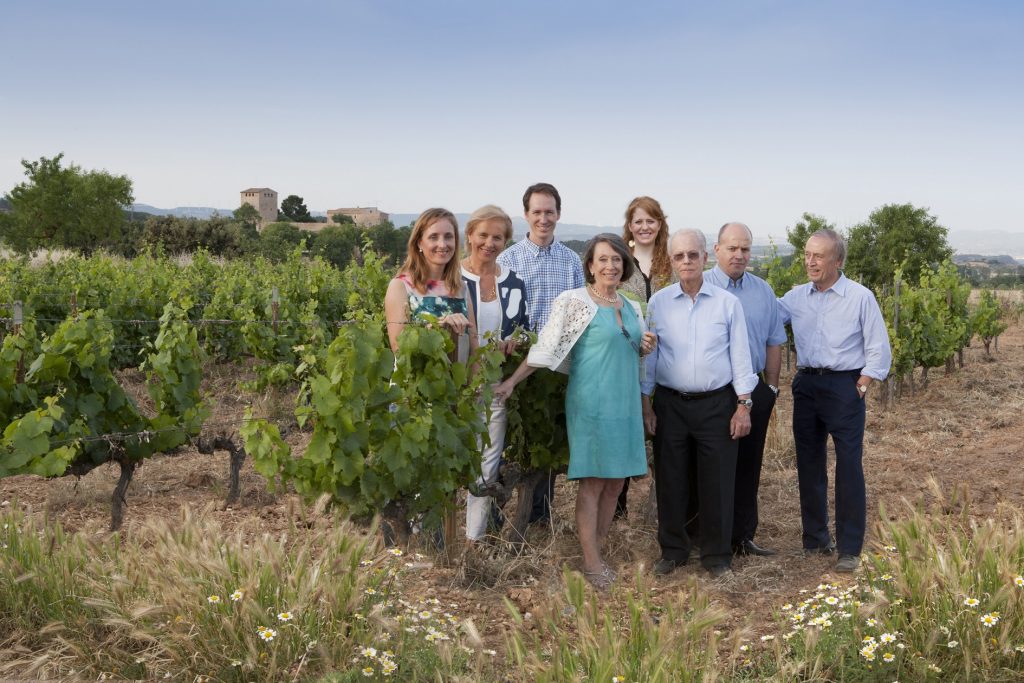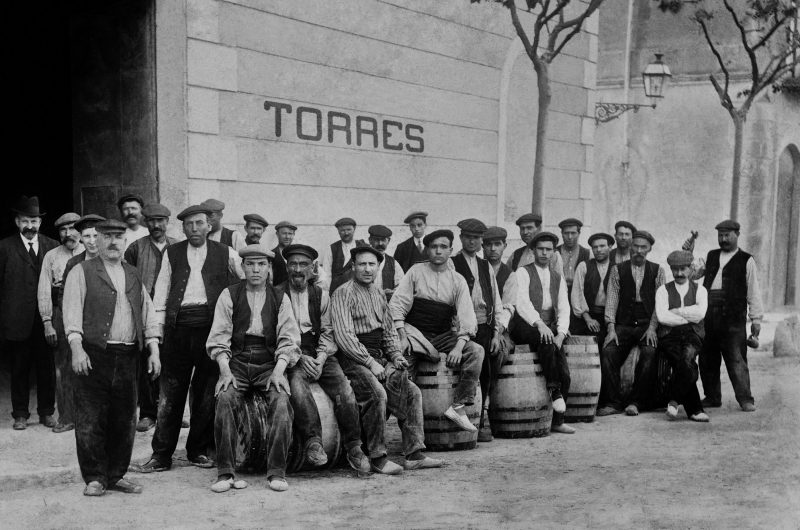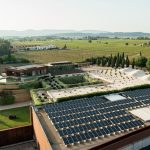The fifth generation of the Torres family, working in its winery, is focused on producing unique wines and recovering ancestral varieties to adapt to climate change.
To celebrate its 150 years of history, Familia Torres is working to put together a commemorative book that will include the main milestones along its extensive journey and the contributions of each of the five generations that have been at the helm of the business, illustrated with anecdotes and unpublished photos.
Torres will also organise various events for partners, customers, and professionals from the sector throughout the year, with the main event being a gala dinner that will take place in May at the old winery in Vilafranca del Penedès, where the whole story began.
Over the past 150 years, five generations of the same family have been able to ride out the highs and lows of each era and contribute to developing the business with an innovative vision to make Familia Torres a benchmark for Spanish wine worldwide.

Today, the fifth generation, represented by Miguel and Mireia Torres Maczassek, continues to pass on the family legacy based on respect for the land and tradition and also commits to innovation, but under the persistent challenge for vine-growing posed by the current climate emergency.
For Miguel Torres, general manager of Familia Torres, “our main feat has been keeping the winery in the family over all these years, with each generation innovating in its own way and contributing its particular vision to the development of the business”.
“It amazes me that we’ve reached this point and we’re lucky to be able to keep doing what we’re passionate about: making wine and looking after the vines. The biggest challenge we’re facing now is climate change.”
According to Torres, if the forecasts are met, this year, the Penedès winery will have reduced its CO2 emissions per bottle across the board, from the vineyard to the consumer, by 30% compared to 2008.
“For 2030, a new goal has been set to cut its carbon footprint by 55%, thanks mainly to the use of renewable energies, energy efficiency, sustainable mobility, and reforestation, while the adaptation aspect is particularly focused on looking for new settings in colder areas and more resistant varieties,” he said.
Are you a Daily Wine News subscriber? If not, click here to join our mailing list. It’s free!





















